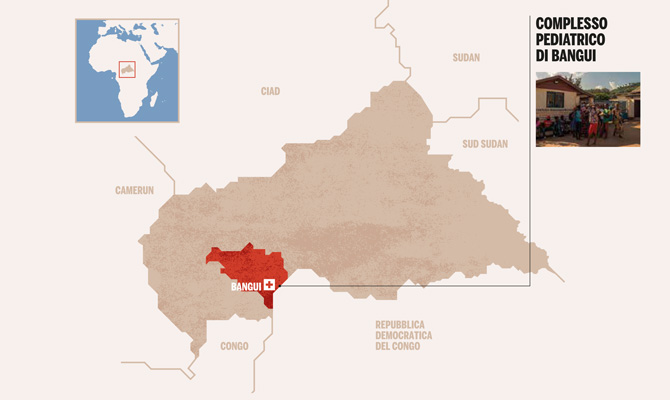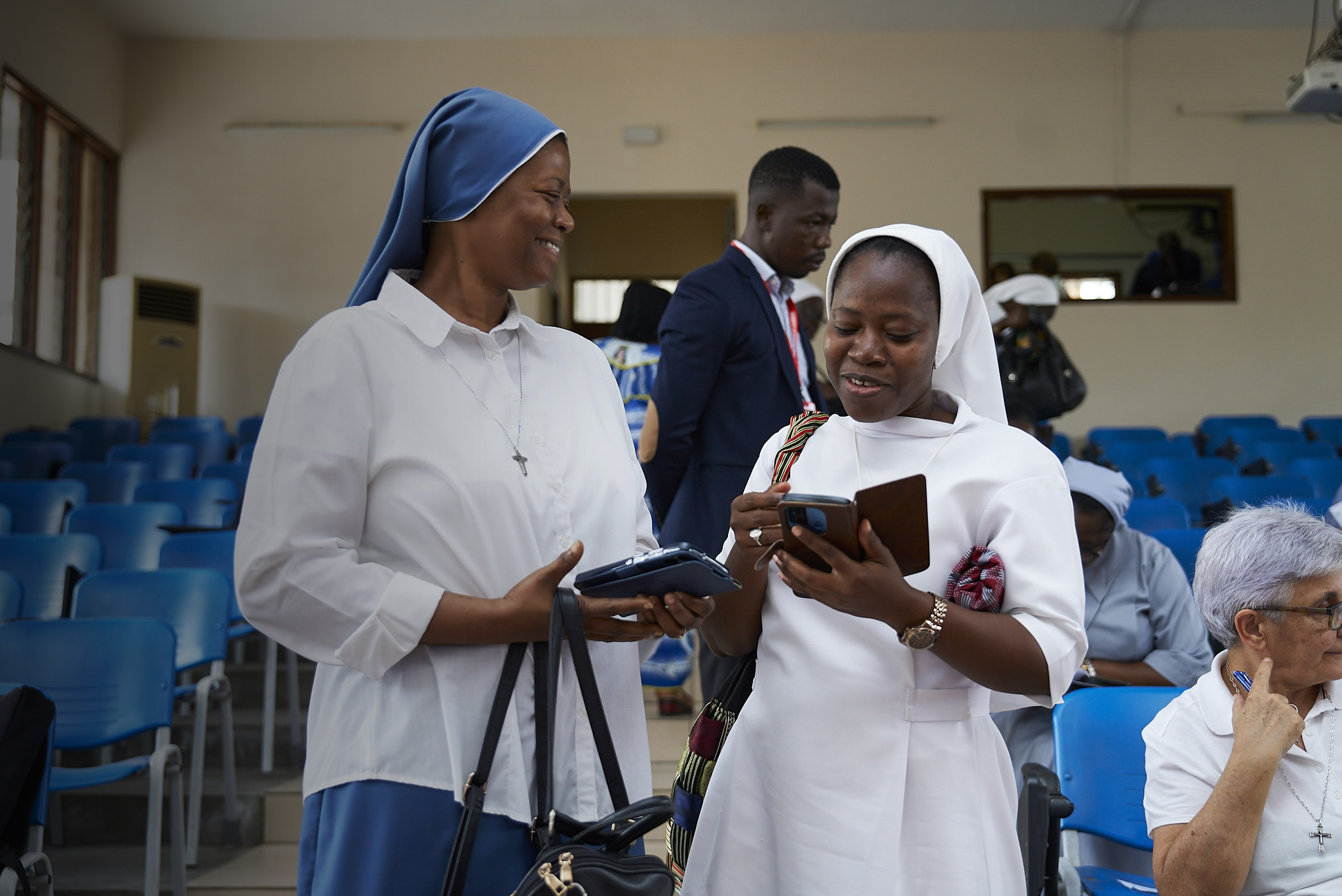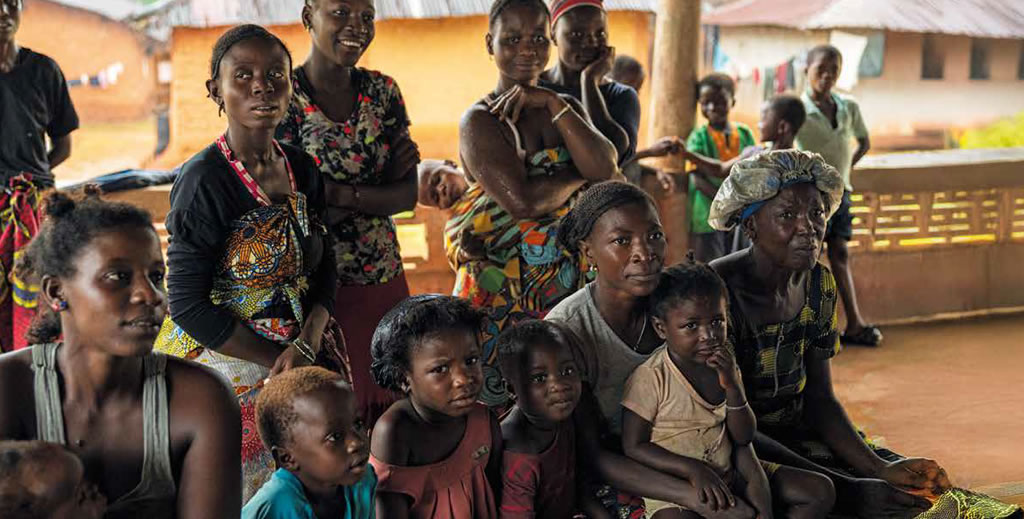
In 2024
Sierra Leone is one of the poorest countries in sub-Saharan Africa, where most people live below the poverty line. Soaring prices, inflation and climate change have further worsened the situation, making the national health system one of the most fragile in the world. The work done by CUAMM in Sierra Leone aims to guarantee basic healthcare to the most vulnerable groups of people, especially mothers, children and the elderly.
We continued our support for Princess Christian Maternity Hospital (PCMH) in Freetown, the main reference point for maternity in the country, through assistance with childbirth, support for the work done in the High Dependency Unit (HDU) and a contribution to the School of Obstetrics and Gynecology at the University of Sierra Leone. We also continued to upgrade infrastructure to improve the emergency system at PCMH, which culminated with the opening of the new emergency room and the spaces for outpatients at the center, a national reference for maternity. We also continued our support for the High Density Units (HDUs) at the hospitals of Makeni, Bo and Pujehun through specialized courses for nursing staff and incentives for local personnel. These units are fundamental to ensuring intensive care for critical patients, thereby improving the overall level of treatment.
At Pujehun, CUAMM supported the Maternal and Children’s Hospital by sending doctors and providing essential equipment and drugs, which often are not available through governmental channels. At the Main Hospital, we continued our activities to prevent and treat chronic diseases as part of the WHO’s PEN Plus initiative. A project to combat malnutrition was also implemented in Pujehun. It included training healthcare staff, awarenessraising campaigns and the promotion of nutritional best practices. Moreover, the project encouraged the creation of groups of women to manage microcredit activities designed to promote the development of small agricultural businesses.
The emergency transportation system was strengthened in the district, supporting the use of motorcycles and boats to transport patients from rural areas and helping pay for the operation of the national ambulance system that is managed by the Health Ministry. Lastly, 2024 saw the launch of a national program for the prevention of obstetric fistula, which includes the engagement of CUAMM staff in the training of medical personnel and in the structural renovation of nine level I and II healthcare facilities scattered throughout the country.
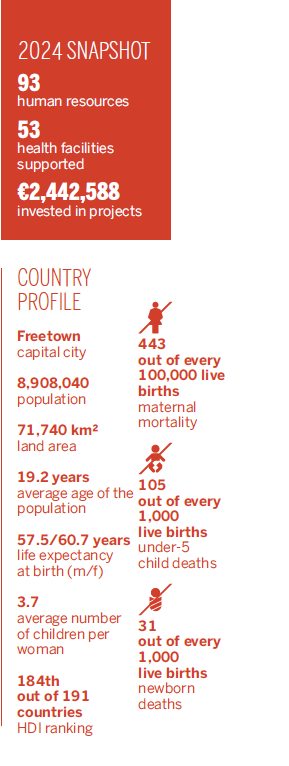
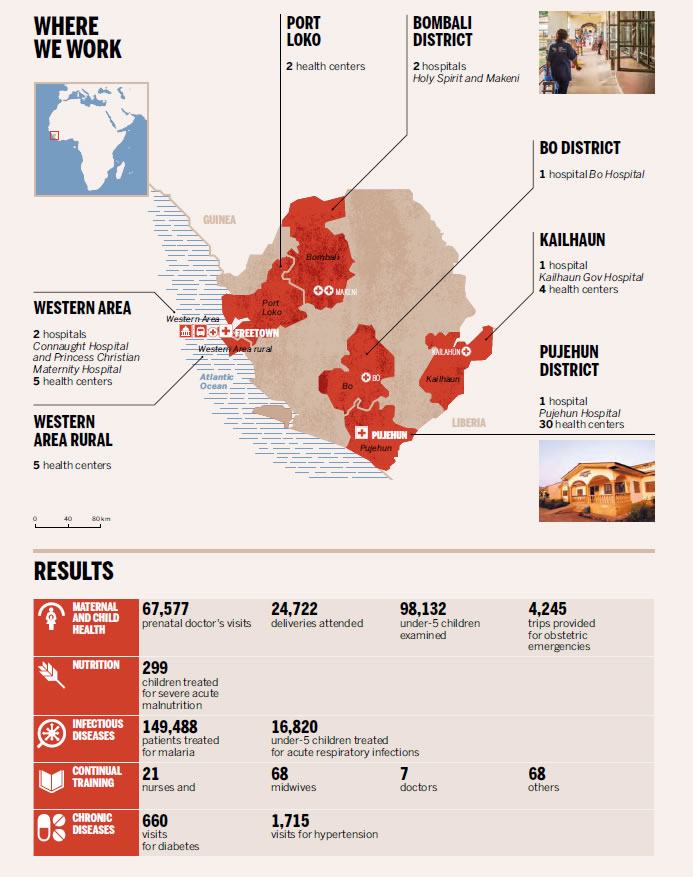
OUR HISTORY IN SIERRA LEONE
2012
CUAMM begins working in Sierra Leone’s Pujehun District.
2014
Sierra Leone is the country worst affected by the Ebola outbreak. CUAMM stays on in Pujehun, ensuring the presence of expatriate personnel and the continuity of essential services.
2015
Support started up for hospital in Lunsar after it was forced to close during the Ebola outbreak.
2016
“Mothers and Children First: The First 1,000 Days” program launched in Pujehun; support provided to PCMH in Freetown, the country’s largest maternity hospital.
2017
Support begun to regional hospitals in Makeni and Bo and to district hospital in Bonthe. Inauguration of Sierra Leone’s first maternal intensive care unit at PCMH.
2018
Launch of National Emergency Medical Service (NEMS).
2019
NEMS figures: 80 operational ambulances and 28,792 “missions” carried out.
2020
NEMS handed over to national health authorities. Three maternal intensive care units set up in Bo, Makeni and Pujehun.
2022
Launch of the third phase of the “Mothers and Children First” program: “People and Skills”.

